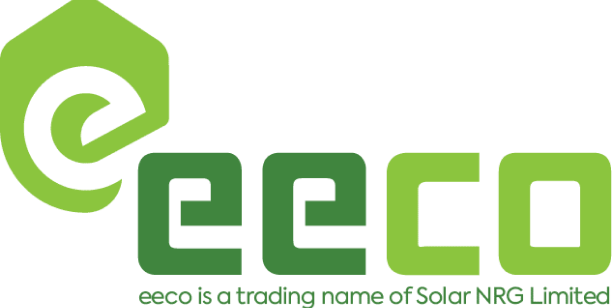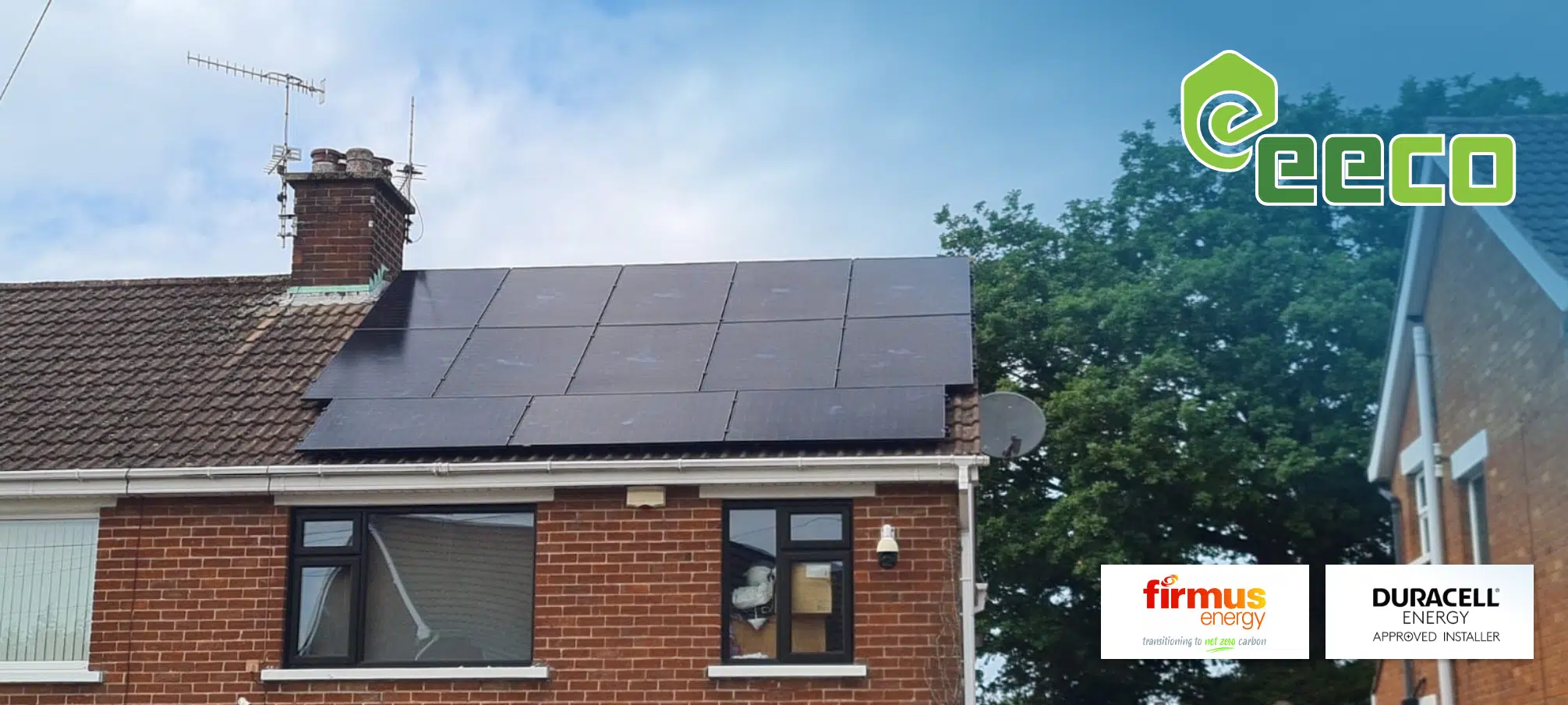Understanding Solar PV in Northern Ireland: How Photovoltaic Panels Work
Photovoltaic panels, also known as solar panels, work by converting sunlight into electricity through a process known as the photovoltaic effect. This process involves the generation of an electric current when sunlight strikes the surface of the solar cells within the panels, a key technology for solar PV in Northern Ireland.
The basic building block of a photovoltaic panel is the solar cell, which is typically made of silicon or other semiconducting materials. When sunlight hits the solar cell, it excites the electrons in the material, causing them to move and create an electric current. This flow of electrons is then captured by metal contacts on the solar cell, creating an electrical circuit.
The key component of a solar cell that enables this process is the p-n junction, which is a boundary between two different types of silicon material. The p-type silicon has an excess of positively charged “holes,” while the n-type silicon has an excess of negatively charged electrons. When sunlight hits the cell, it creates electron-hole pairs in the material, and the electric field at the p-n junction separates these charges, creating a voltage difference and generating an electric current
Connecting Solar Cells in Panels
Multiple solar cells are connected together in a photovoltaic panel to increase the amount of electricity generated. The panels are then connected to an inverter, which converts the direct current (DC) electricity produced by the solar panels into alternating current (AC) electricity that can be used to power homes, businesses, and other electrical devices.
Installation and Efficiency
Photovoltaic panels are often installed on rooftops or in solar farms to harness the energy from the sun. The panels are typically angled towards the sun to maximise the amount of sunlight they receive throughout the day. In sunny regions with ample sunlight photovoltaic panels can generate a significant amount of electricity and reduce reliance on traditional fossil fuel sources.
Environmental Benefits of Solar Power
One of the key advantages of solar PV Northern Ireland is the ability to generate clean and renewable energy. Solar power is a sustainable energy source that does not produce greenhouse gas emissions or air pollution during operation. This makes photovoltaic panels an environmentally friendly alternative to traditional fossil fuel-based electricity generation.
Challenges and Solutions
However, there are also challenges associated with photovoltaic panels, such as their initial cost and the intermittent nature of sunlight. Energy storage solutions, such as batteries, can help address the issue of intermittency by storing excess energy generated during sunny periods for use when sunlight is not available.
The Future of Solar Energy
Overall, photovoltaic panels play a crucial role in the transition to a more sustainable and environmentally friendly energy system. By harnessing the power of the sun, these panels offer a clean and renewable source of electricity that can help reduce carbon emissions and combat climate change.
For more information on solar energy for your home or business in Northern Ireland, contact us on 028 9592 2730 or email hello@eeco.energy


